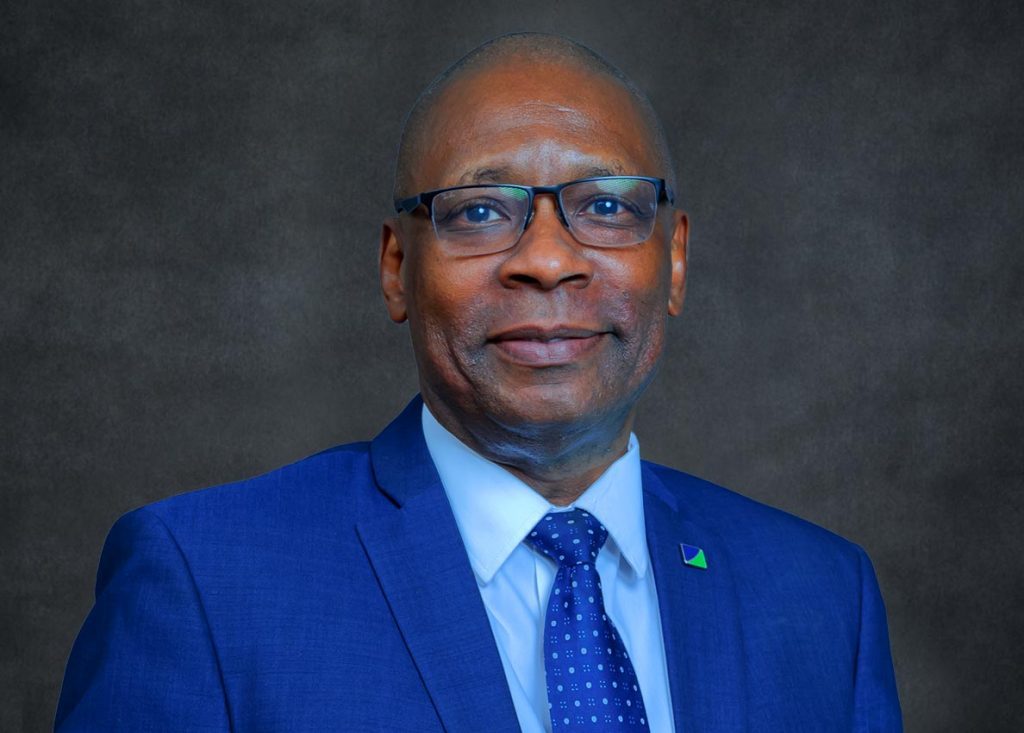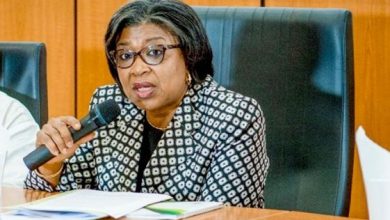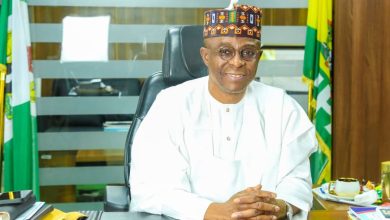BDAN Reports Modest Income Growth, Vows Stronger Advocacy and Bank Protection in 2025
With 2.6% income rise, bank directors’ group adds new board members and pushes for reforms.
Chike-Obi warns against misinformation, calls for stronger legal protection for financial sector.
The Bank Directors Association of Nigeria (BDAN) has reaffirmed its dedication to financial sector advocacy and improved corporate governance, announcing a 2.6% rise in total income for 2024. The update was delivered during its 28th Annual General Meeting (AGM), held virtually via Zoom on Tuesday, June 17, 2025.
Chairing the session was Mustafa Chike-Obi, BDAN president and chairman of Fidelity Bank Plc, who described the meeting as a key moment to reflect on the association’s strategic objectives and deepen its engagement within the banking sector.

Despite the modest financial gain, BDAN stressed that the figures represent resilience and consistent progress. Chief Executive Officer Adebukola Orenuga remarked that while the growth rate may seem minimal, it signifies the association’s underlying strength and steady evolution. “BDAN is on the path to achieving greater influence, and by next year, we anticipate an even more prominent role in sector-wide advocacy,” she noted.
A major highlight of the AGM was the appointment of two new directors to the association’s board: Subulade Giwa-Amu, a non-executive director of Polaris Bank Limited, and Remilekun Odunlami, a non-executive director at First Bank of Nigeria Limited. Their addition aligns with BDAN’s efforts to expand its leadership circle and reinforce its commitment to inclusive governance.
Meanwhile, two serving directors, Mustafa Chike-Obi and Oluwayemisi Olorunshola (Chairman of Wema Bank Plc), who had stepped down by rotation as stipulated by the association’s rules, were both re-elected unanimously. This move reaffirmed members’ trust in their leadership and the consistency of BDAN’s governance structure.
In his remarks, Chike-Obi underscored the critical role BDAN plays in representing banks, especially in scenarios where individual institutions are limited in speaking for themselves. He noted that the association is not just an industry body but a “collective voice” committed to protecting the integrity of the banking sector.
He also expressed concern over the rise of misinformation and unverified commentary that could harm the reputation of financial institutions and destabilize the economy. To that end, he proposed legislation that would penalize the spread of reckless statements capable of inciting public panic. “Our advocacy is serious business,” Chike-Obi stated, emphasizing the need for legal frameworks that safeguard the banking industry’s credibility.
Further, he urged member banks to proactively communicate concerns and challenges through the association’s secretariat. “Our Governance and Advocacy Committee is well-positioned to act swiftly. But for that to happen, we must hear from our members early,” he said.
BDAN’s increasing engagement with regulators and lawmakers was another focal point, highlighting the association’s ambition to shape policies that foster financial sector stability and economic confidence. Chike-Obi reiterated BDAN’s readiness to lead conversations on regulatory clarity and sector reforms, including legislative advocacy that protects banks from defamation and destabilizing rhetoric.
The AGM concluded with a renewed commitment to transparency, strategic collaboration, and capacity building among bank directors. With new leadership, a fortified agenda, and a focus on proactive engagement, BDAN signaled its preparedness to navigate the complexities of Nigeria’s evolving financial environment.
As BDAN looks ahead, its focus remains clear: to be a dynamic advocate for Nigeria’s banking industry, ensuring directors and institutions are not only supported but empowered to uphold integrity, sound governance, and long-term financial stability.



